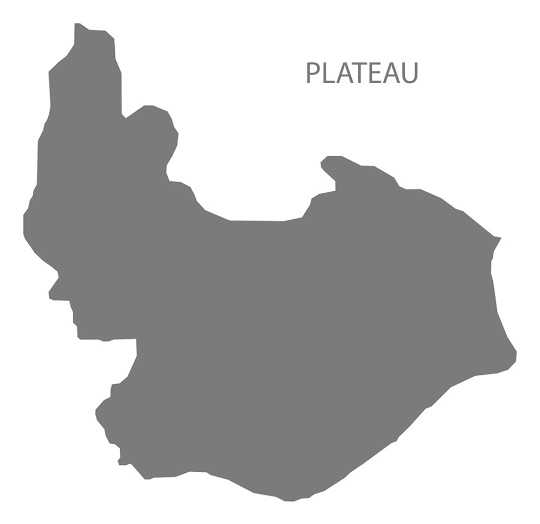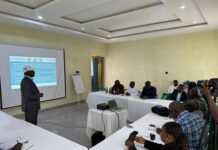The Plateau State Malaria Elimination Program, in partnership with the Malaria Consortium, has taken a significant step toward improving accountability in the ongoing Seasonal Malaria Chemoprevention (SMC) program by integrating technology. This initiative aims to reduce the reliance on paper processes and strengthen monitoring mechanisms for the distribution of malaria-preventive medication to children aged 3 to 59 months.
“We are introducing technology to be deployed in the field,” said Nurse Ndak Kizito, Program Manager of the Plateau State Malaria Elimination Program. “Over 12,000 people have been engaged in this year’s SMC program, with 74 of them specifically trained to deploy this technology across Plateau State’s 17 local government areas.”
These trained technology experts will be strategically placed in various wards, covering the 325 wards across the state. Their role is to assist the 7,000 community drug distributors (CDDs) already working in rural areas, ensuring that the malaria-preventive medication reaches the intended children.
Ndak emphasized the importance of accurate data collection: “This technology will help us verify if we are reaching our target audience. In the last two cycles, we successfully reached over 900,000 children. The technology will ensure we continue to meet our goals while avoiding errors in medication administration.”
The new system also addresses the issue of children already ill with malaria, ensuring they are referred to the nearest healthcare facility for appropriate treatment. “Children found to have malaria will be directed to hospitals for testing and treatment,” Ndak added. “This approach ensures that only those in need of preventive care receive the medication.”
Dr. Mbwas Mashor, the Plateau State Coordinator of Malaria Consortium, highlighted the importance of this training, which aims to streamline the SMC program by integrating technology. “This training brings in technology to reduce losses incurred from the paper process,” he stated.
Dr. Mashor also elaborated on the broader implications of this technology, saying, “Instead of using paper for documenting the number of targeted children, deployed drugs, and involved personnel, we are now turning to technology to monitor and document all these processes in real time.”
He further noted that the use of technology would minimize discrepancies in documentation, ensuring that every medication dispensed is accurately recorded. “With real-time updates, we can track the distribution of drugs down to the remotest villages, ensuring that all data is captured and stored securely,” he said.
Participants in the training expressed their enthusiasm for the new system. Nanring Ndam, one of the attendees, remarked, “I intend to gain knowledge about SMC, especially with the integration of technology, which will make the work easier and more accurate.”
Dr. Belin David, another participant, shared similar sentiments: “I want to learn how to use technology to gather more data and reach vulnerable groups, particularly children aged 3 to 59 months.”
This initiative marks a critical advancement in Plateau State’s efforts to combat malaria, with technology playing a pivotal role in ensuring the program’s success.







